South Korea has outlined its vision of being a "globally important nation for freedom, peace and prosperity" in the National Security Strategy recently announced by the Yoon Suk-yeol administration.
The Korea JoongAng Daily reported that South Korea's new national security strategy emphasizes the rapidly changing international environment. According to Yonhap, the characteristics of this environment identified by South Korea are North Korea's nuclear capabilities, US-China strategic competition, and emerging security issues such as supply chain disruptions and climate change.
From there, the document—107 pages long in Korean and 150 pages in English—concludes that South Korea is “at a critical historical juncture”; and asserts that the key to securing Seoul’s future lies in developing a national security strategy capable of “foreseeing changing trends in the situation and optimizing the interests of the nation and its people.”
Yonhap said the document identified North Korea's continued development of its nuclear capabilities as the "most pressing" security challenge facing South Korea. South Korea stressed the "more important than ever" of strengthening its military's defense capabilities and strengthening its joint defense posture with the United States. South Korea also said it plans to "create a strategic environment" to encourage North Korea to engage in negotiations, through a 3D approach: Deterrence, dissuasion, dialogue, according to the Korea JoongAng Daily.
South Korea's new national security strategy also points to the "urgent need" to transform its relationship with Japan, which has become distant over the years due to lingering conflicts over historical issues, into a "future-oriented cooperative relationship" amid the growing importance of trilateral security cooperation among the United States, South Korea and Japan in the current situation.
Regarding relations with China, the Korea JoongAng Daily reported that the document calls for promoting a "healthier and more mature" relationship based on "respect and reciprocity." The Yoon Suk-yeol administration also sees ASEAN as an "important partner" to promote peace and shared prosperity in the Indo- Pacific region.
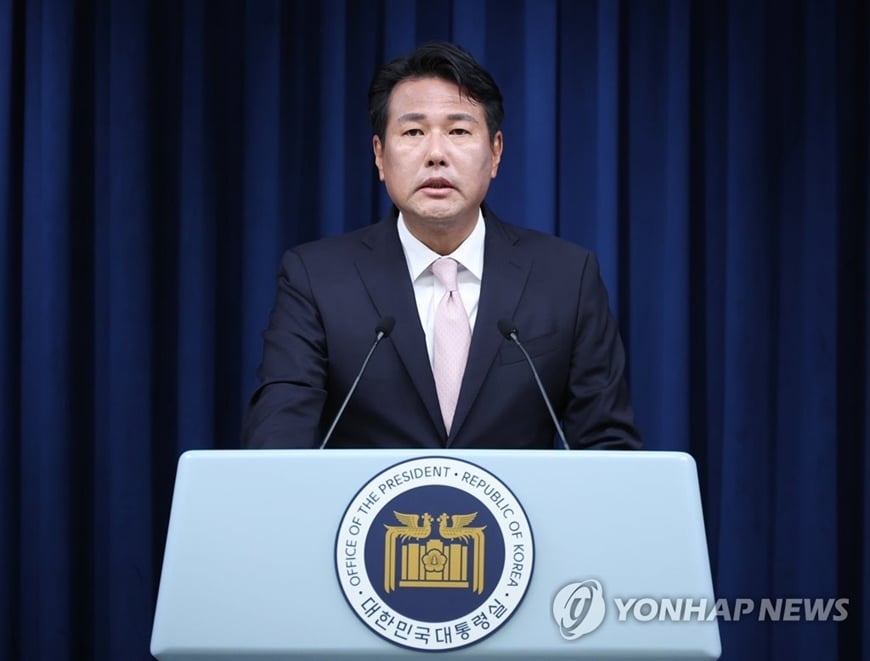 |
| South Korea's Deputy National Security Adviser Kim Tae-hyo speaks to reporters about the new National Security Strategy. Photo: Yonhap |
South Korea's new national security strategy affirms that Seoul will strive to contribute more to the international community, cooperate with the international community to "protect universal values, maintain the international order based on rules and principles", and take the lead in responding to global challenges such as epidemics, poverty, illiteracy, digital divide, and environmental pollution. "Our goal is to protect national sovereignty and territory, establish peace on the Korean Peninsula to prepare for a unified future, lay the foundation for prosperity in East Asia, and expand our global role," South Korea's Deputy National Security Adviser Kim Tae-hyo told reporters about the new national security strategy.
According to the Korea JoongAng Daily, South Korea began announcing its National Security Strategy in 2004 under the administration of President Roh Moo-hyun. There are two versions of the National Security Strategy, one for the public and one for ministries and agencies to use as a "policy implementation guideline."
The new national security strategy of the Yoon Suk-yeol administration has received great attention from the Korean public. The Korea JoongAng Daily assessed that the document has outlined core strategic principles such as using diplomacy to promote national interests, strengthening national defense through enhancing military power, establishing inter-Korean relations based on principles and reciprocity, and responding to new security threats. Meanwhile, The Korea Times and The Korea Herald paid special attention to Seoul's approach to inter-Korean relations.
According to The Korea Times, while the previous Moon Jae-in administration focused on building a "peaceful and prosperous Korean Peninsula" in its 2018 National Security Strategy, the Yoon Suk-yeol administration has set a diplomatic goal of making South Korea a "globally important country for freedom, peace and prosperity." "In contrast to the previous Moon Jae-in administration's policy of prioritizing peace on the Korean Peninsula through a peaceful approach to Pyongyang's nuclear issue, the new National Security Strategy focuses on strengthening the US-ROK alliance, enhancing US-ROK-Japan security cooperation and promoting the normalization of inter-Korean relations based on principles. The new strategy also does not mention declaring an end to the Korean War and a peace agreement - which the previous Moon Jae-in administration considered important steps in the path to denuclearization of the Korean Peninsula," commented The Korea Herald.
HOANG VU
Source



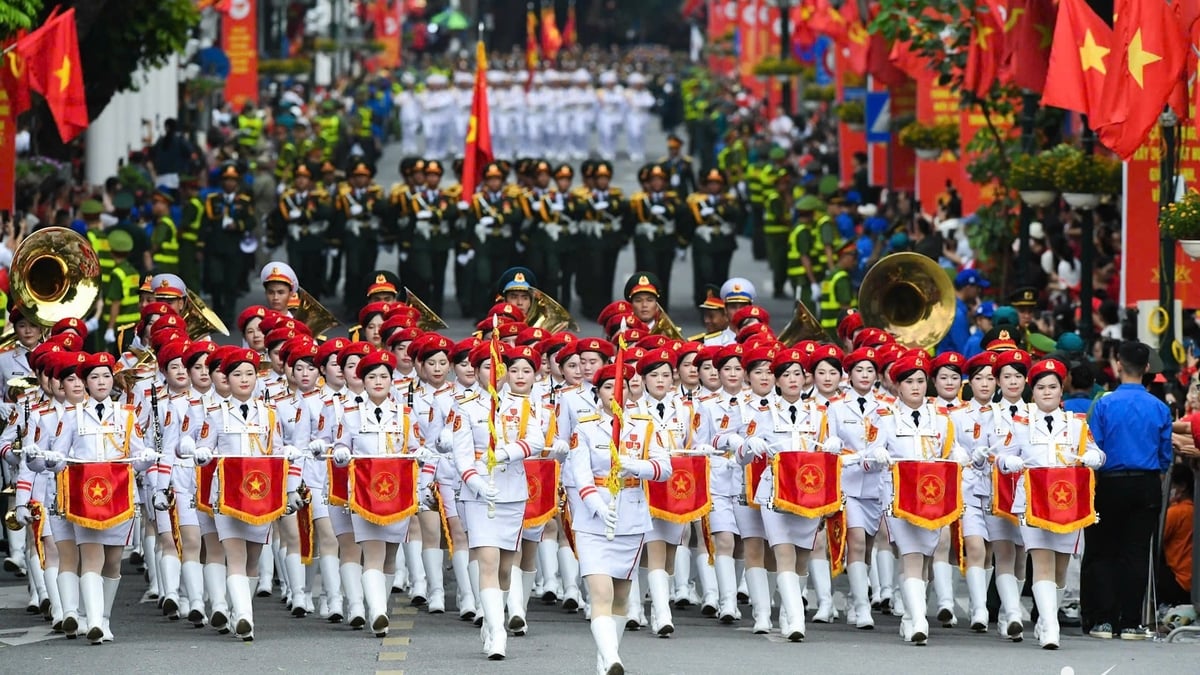
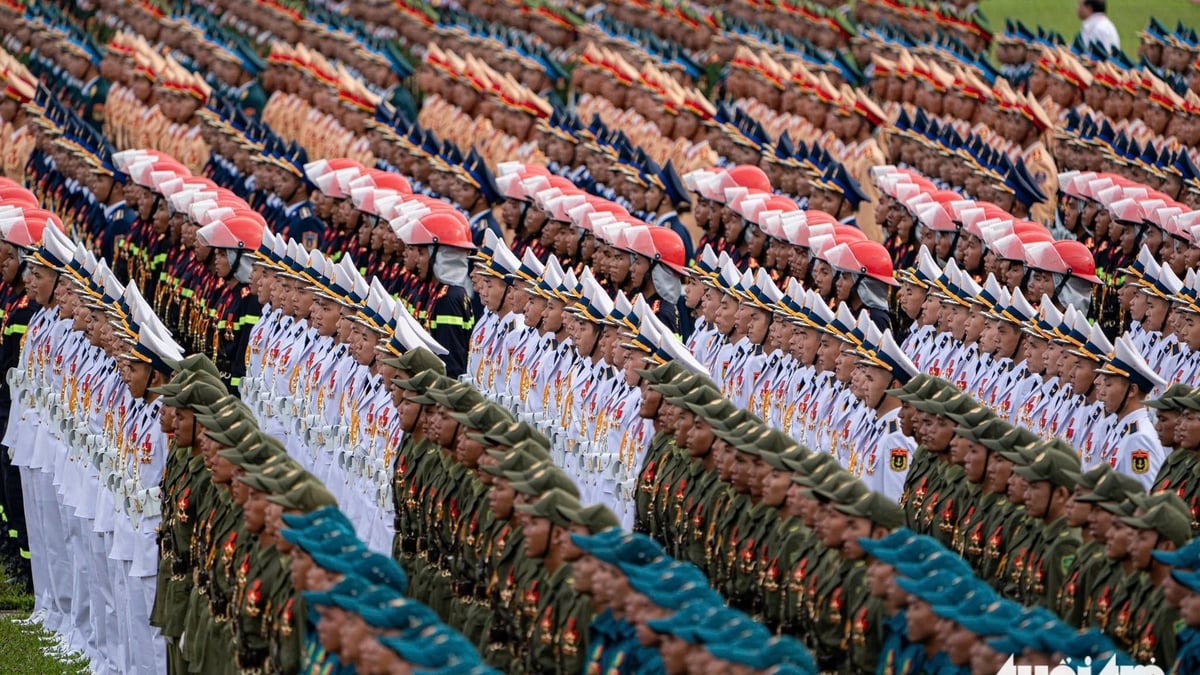
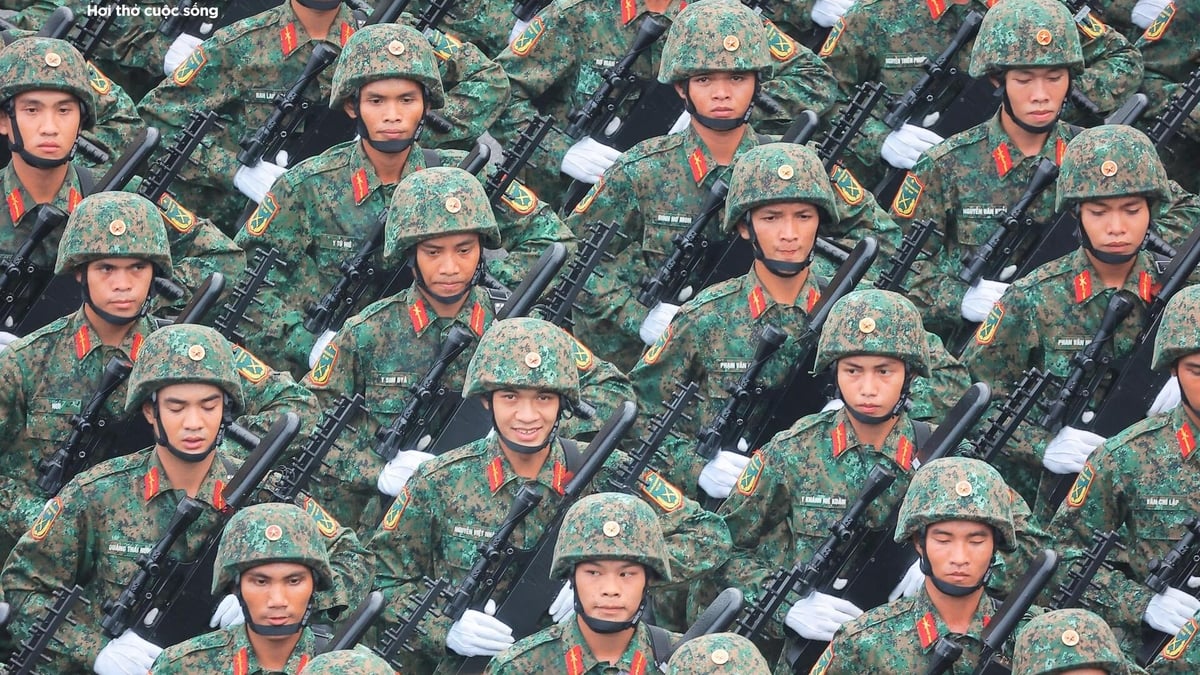
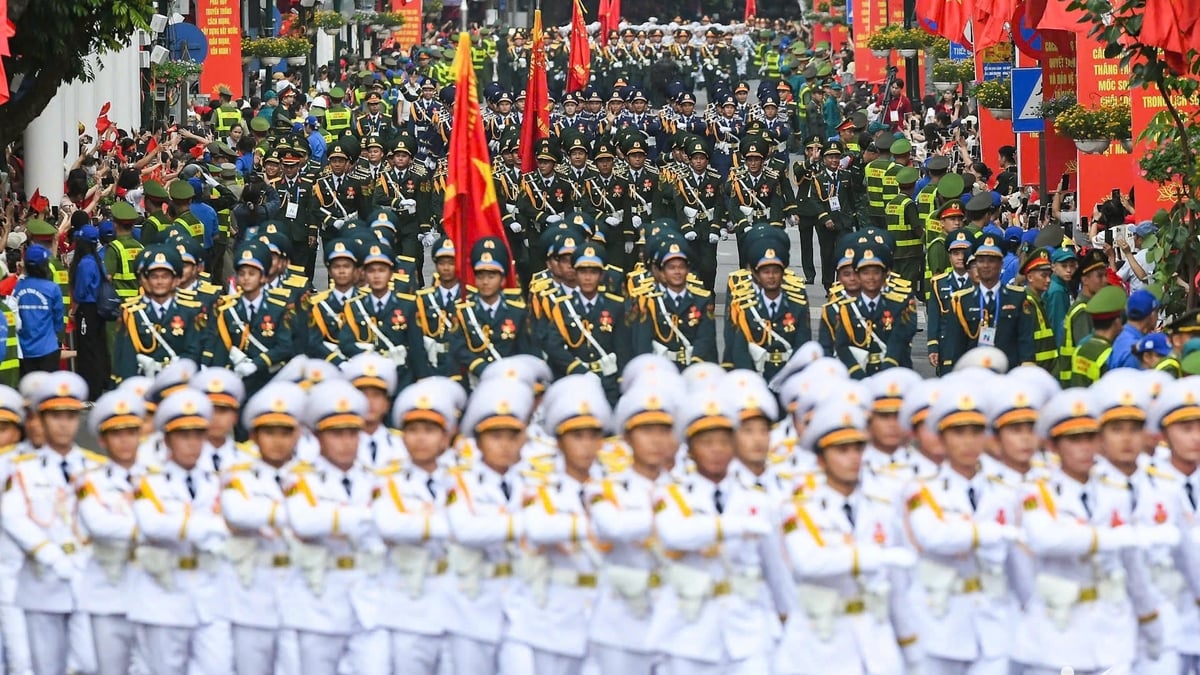
![[Photo] People eagerly lined up to receive special publications of Nhan Dan Newspaper](https://vphoto.vietnam.vn/thumb/1200x675/vietnam/resource/IMAGE/2025/8/30/53437c4c70834dacab351b96e943ec5c)








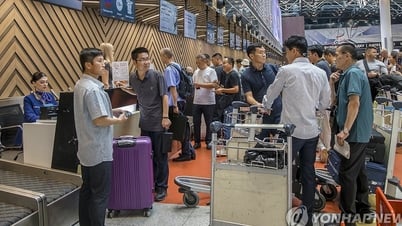
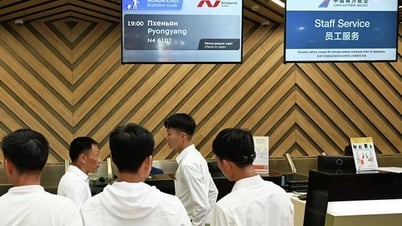
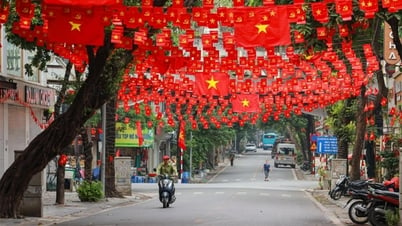


![[Photo] 80 years of dedicated service of Vietnamese Diplomacy](https://vphoto.vietnam.vn/thumb/402x226/vietnam/resource/IMAGE/2025/8/29/26acbccca8cc44d9a73b221ca7f352c0)
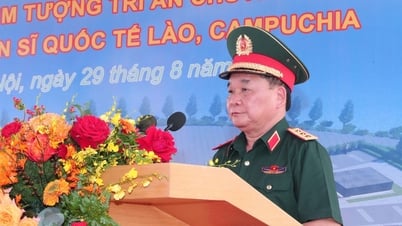

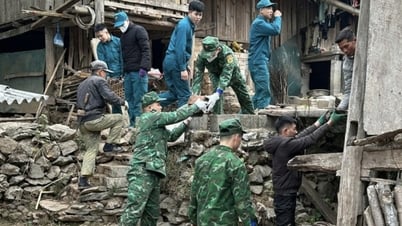




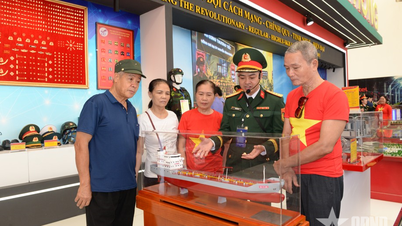
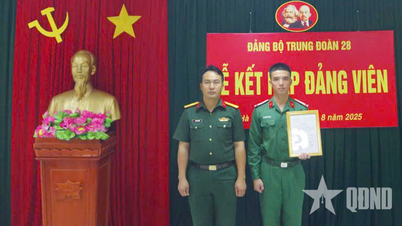
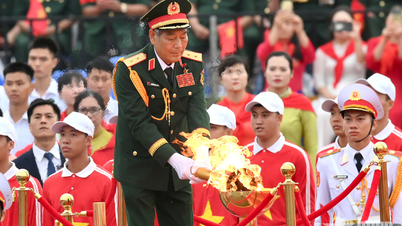
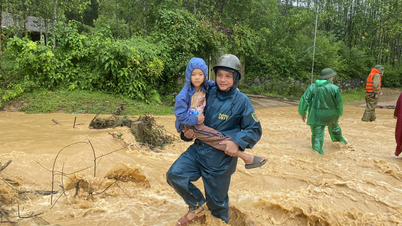
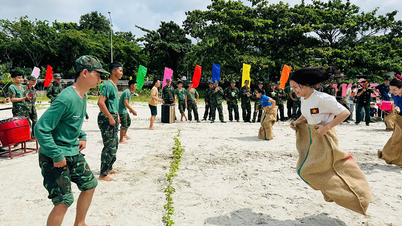
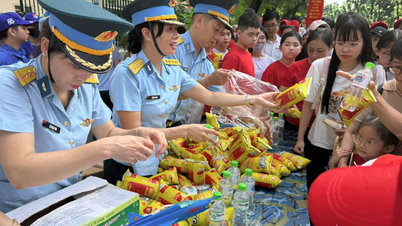
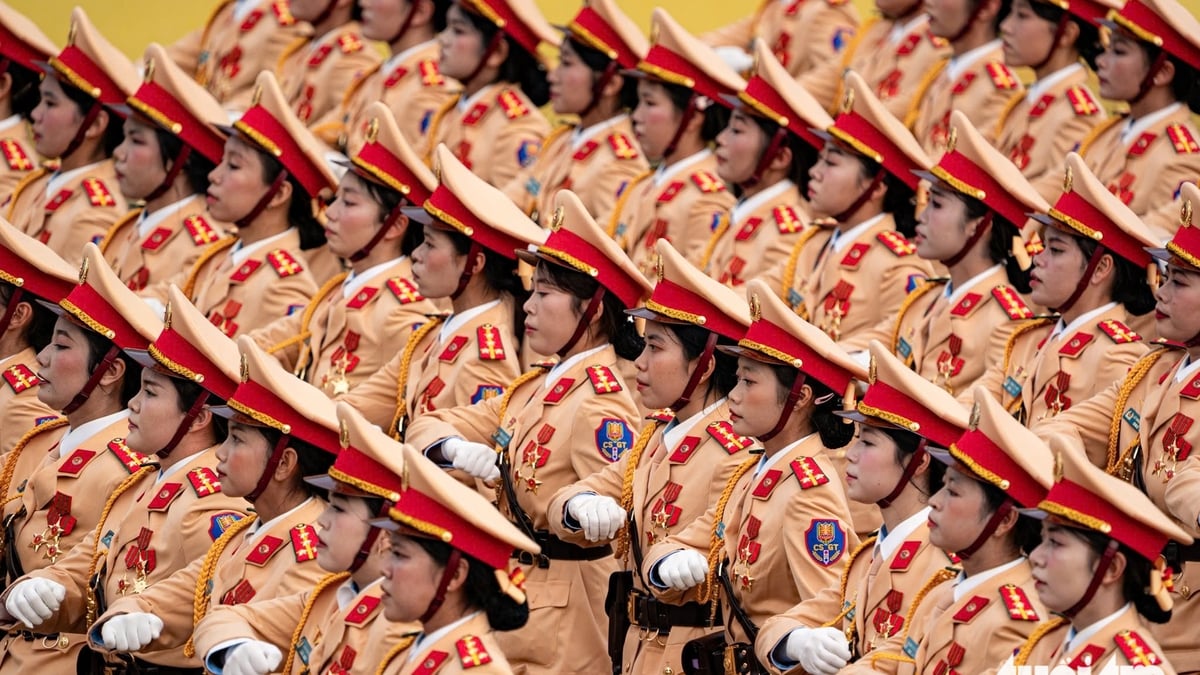
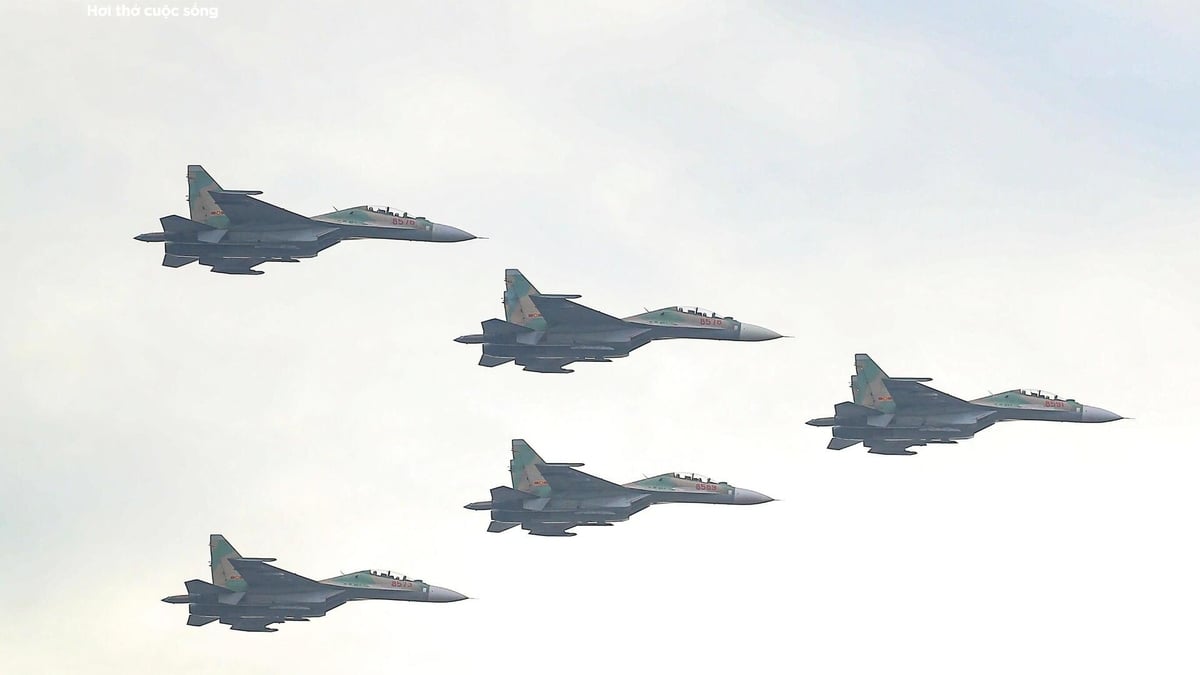
















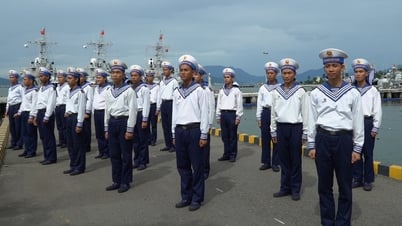
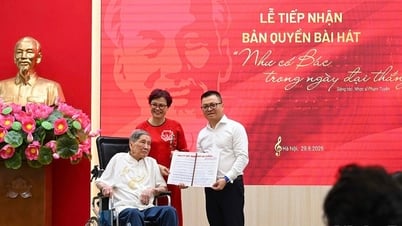
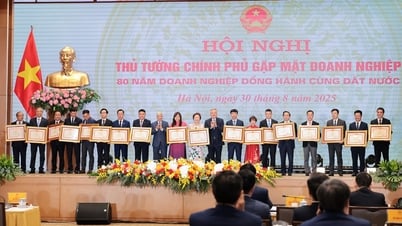







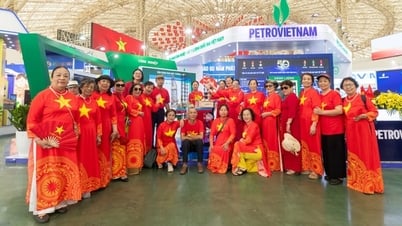

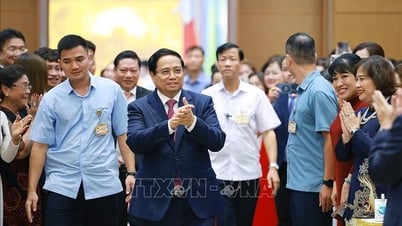

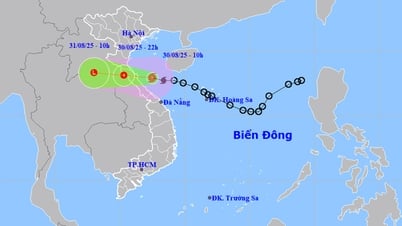

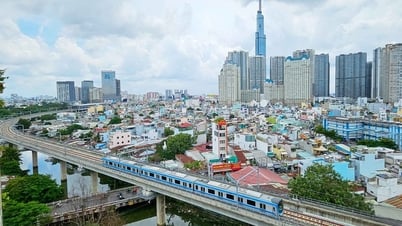

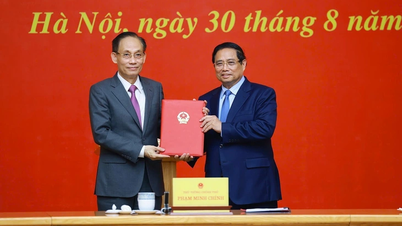


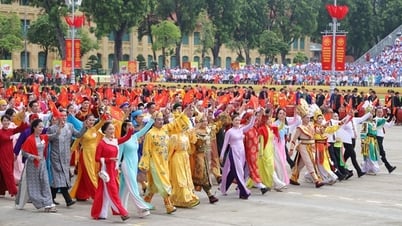



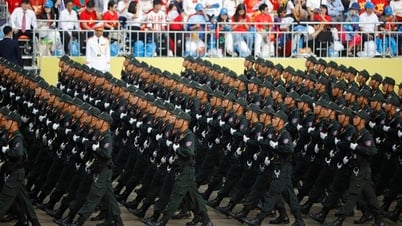


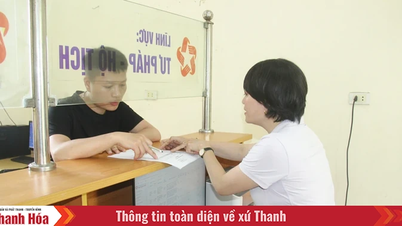





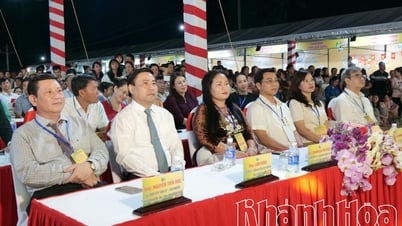












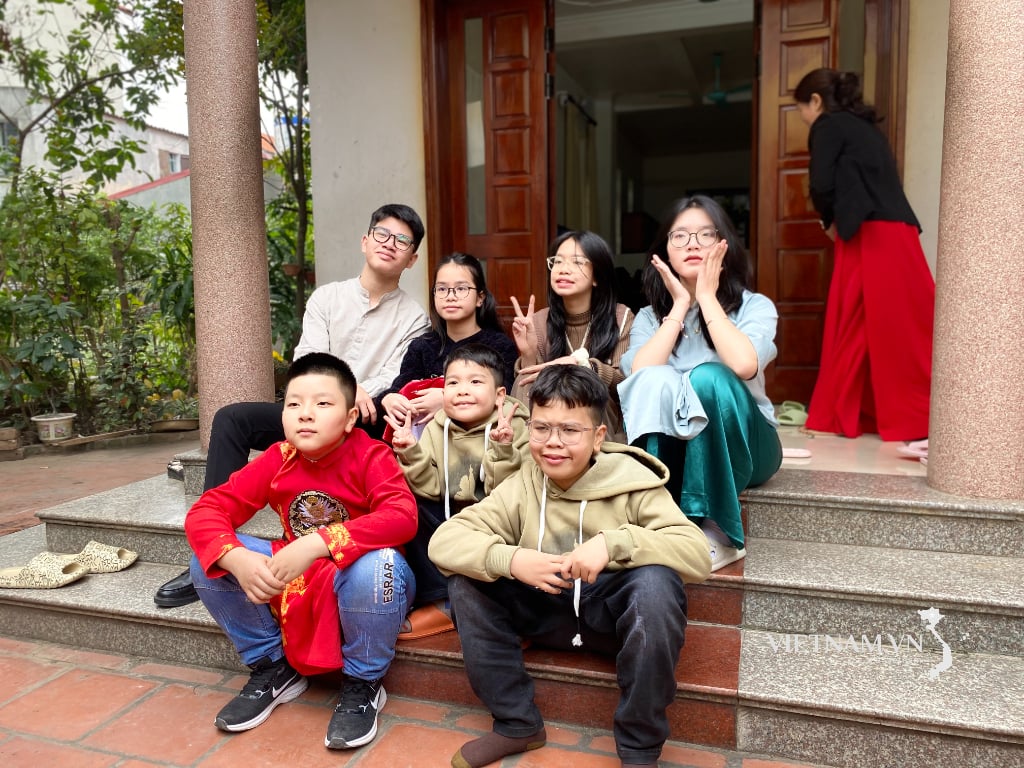


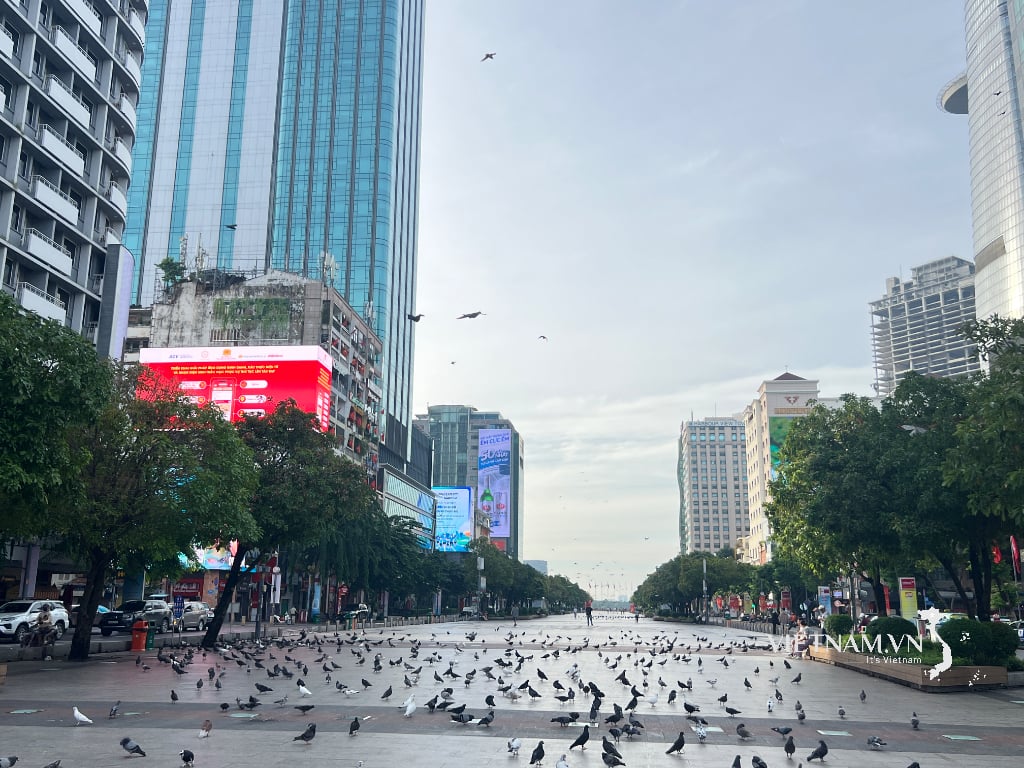
Comment (0)